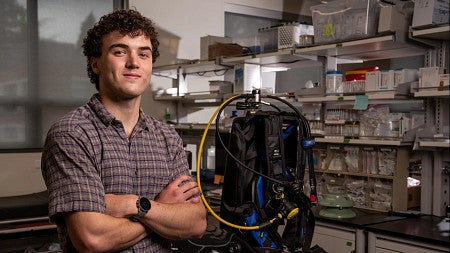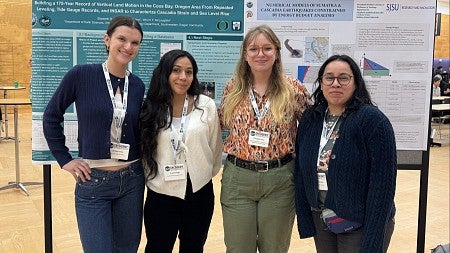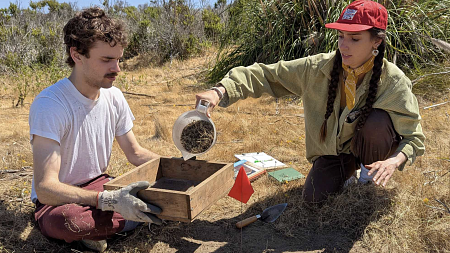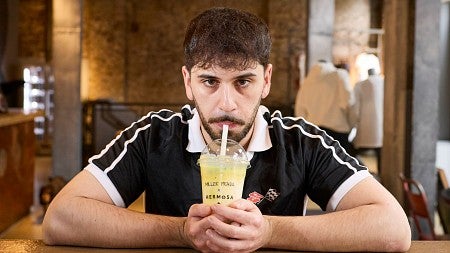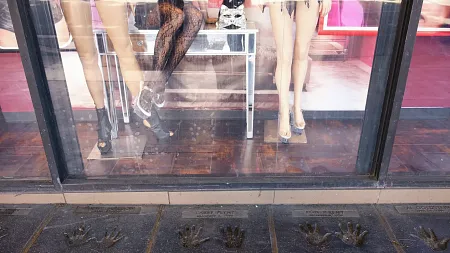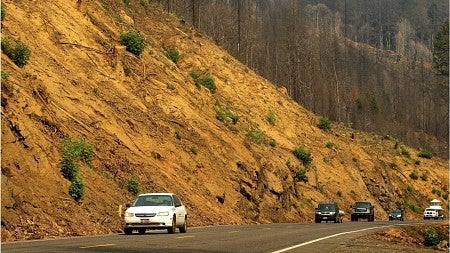
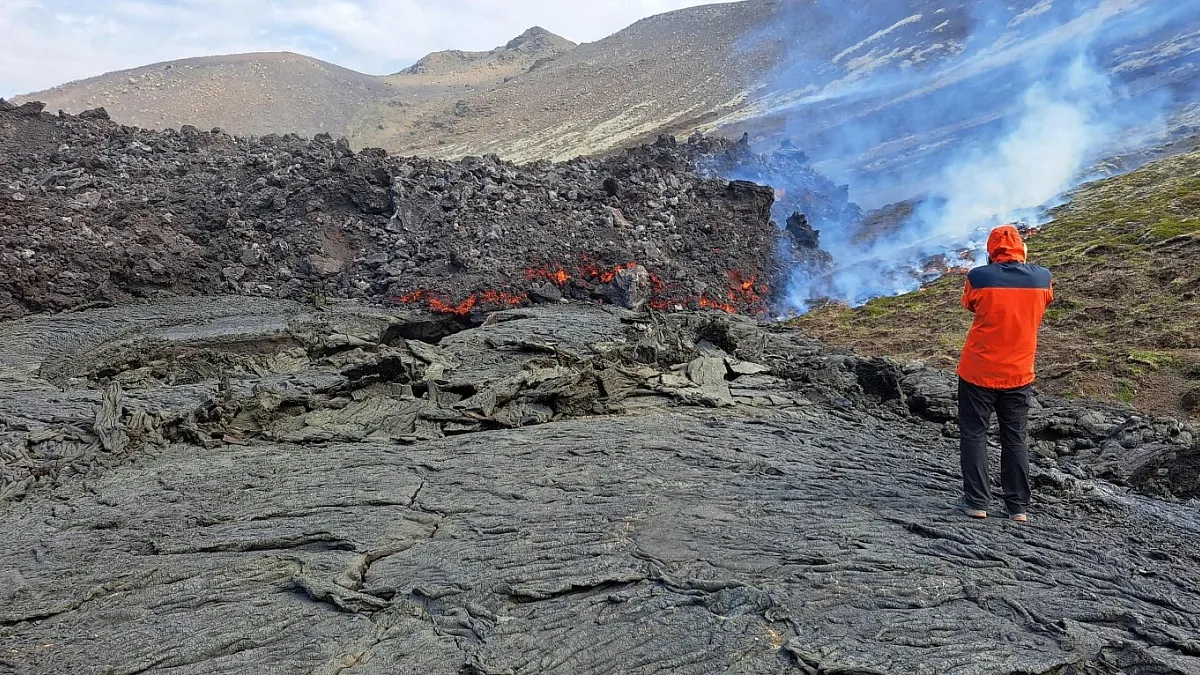
From Curiosity to Impact
Our faculty are investigating solutions to some of the world's most pressing issues,
from AI to Alzheimer's to ice sheet loss in Greenland. Find out about the grant-funded research projects CAS researchers are working on.
Experiential Learning | Research & Innovation | Community Impact | Career Preparation | Teaching Excellence | 21st Century Liberal Arts | Building Community | Good Vibes | CAS Spotlights | All Stories | Past Issues
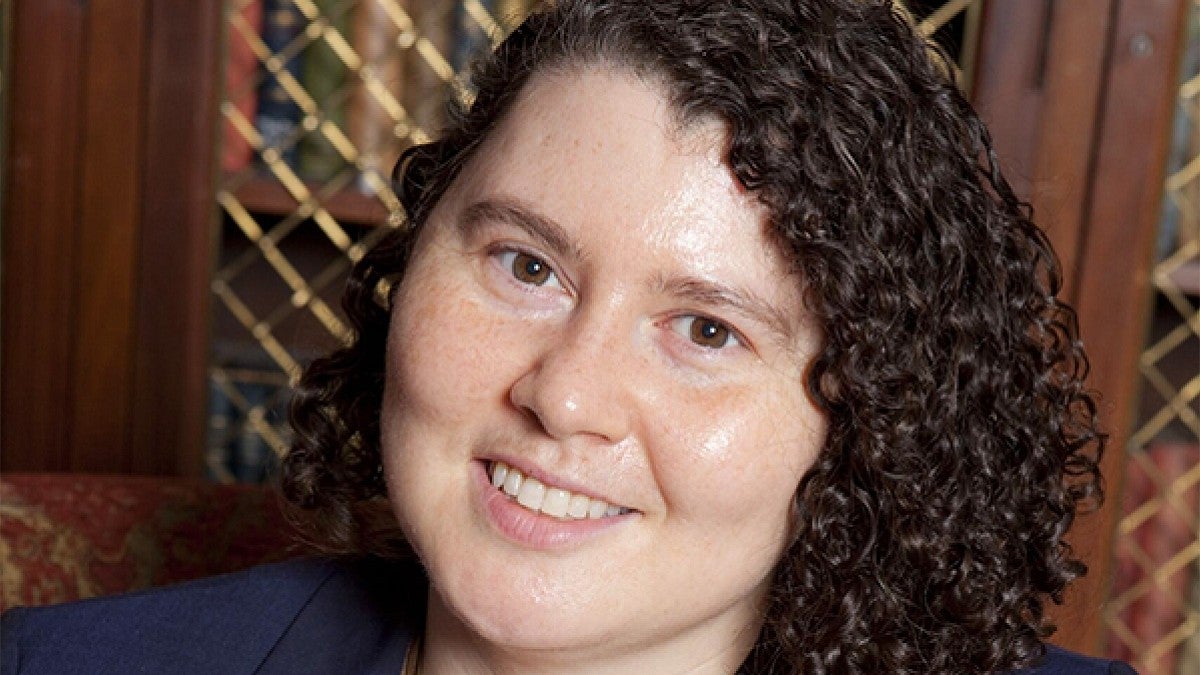
On the Origins of Research Universities
Ever wonder how research universities like UO evolved? It all comes down to one man, according to history prof Vera Keller.
By Codi Farmer
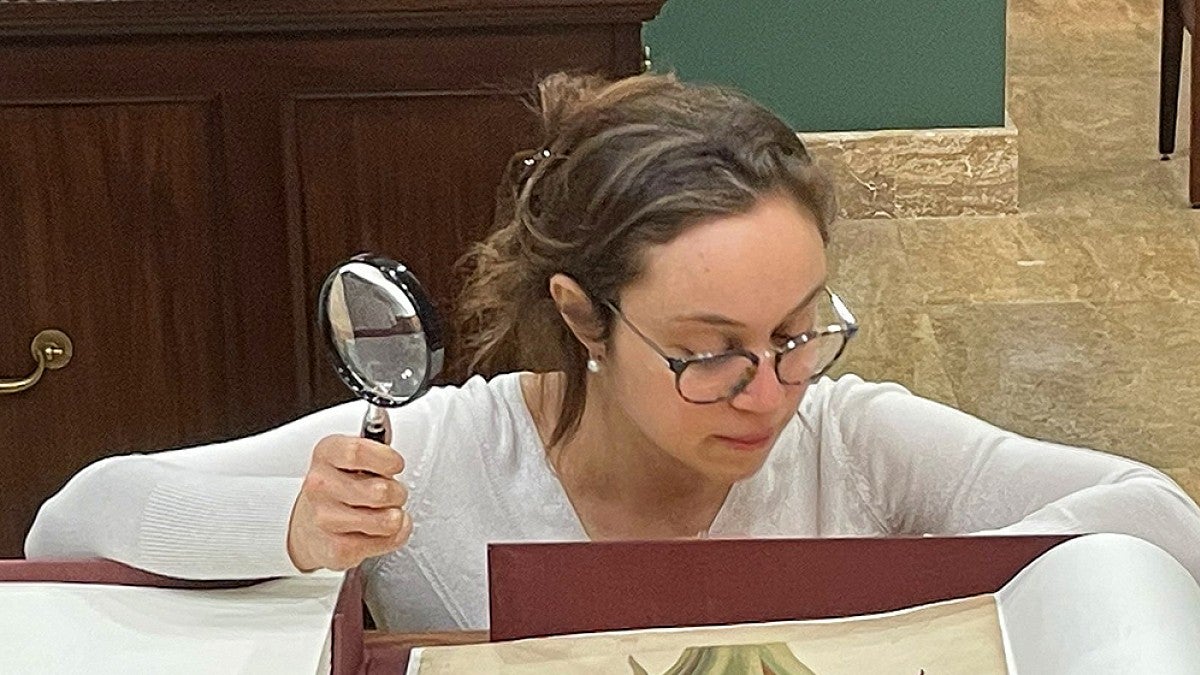
What's in a (Scientific) Name?
A PhD candidate’s award-winning essay reveals the role of women in 17th-century scientific research—and what it sometimes cost them.
By Henry Houston
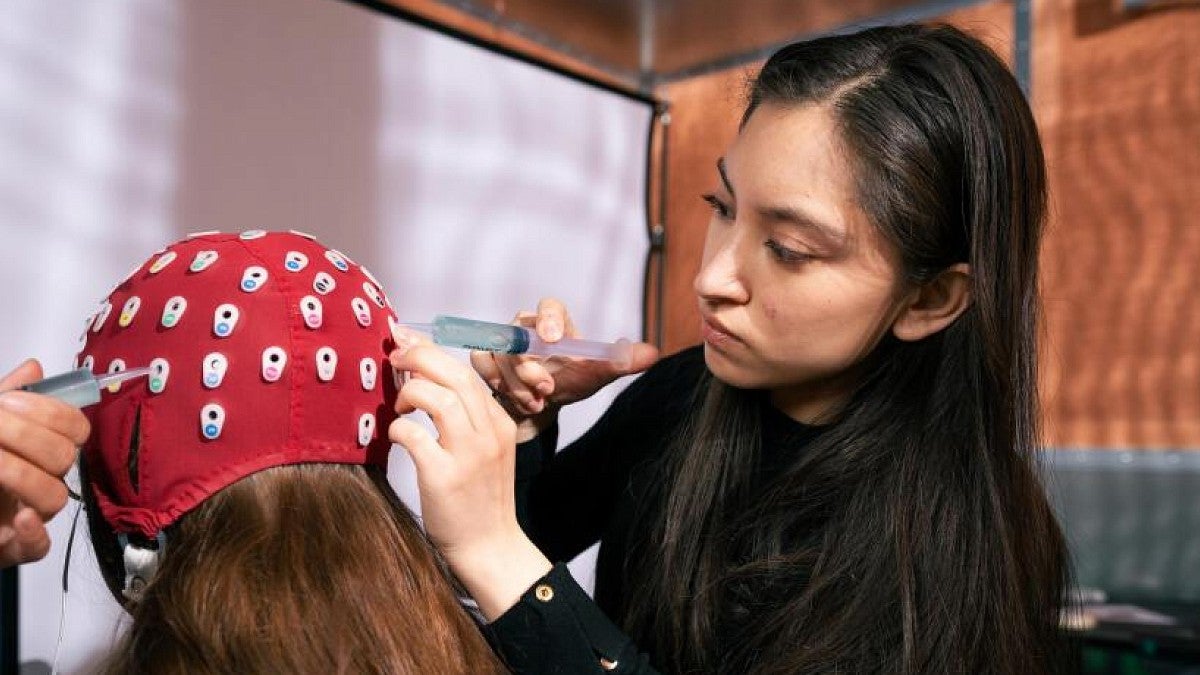
Capturing Brain Waves
How does a brain with Parkinson’s disease compare to a healthy brain? Ask undergraduate researcher Cinthia Muñiz Sanchez.
By Bailey Meyers
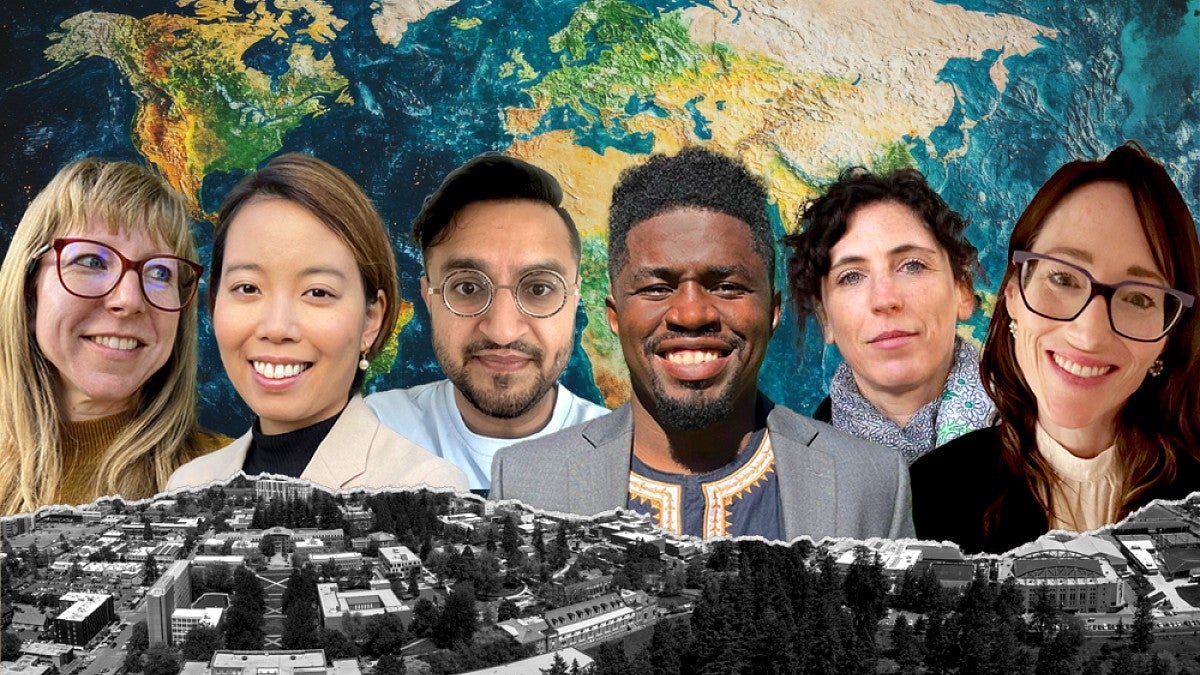
New Global Perspectives
Six new faculty members bring their unique perspectives and expertise to the School of Global Studies and Languages.
By Henry Houston
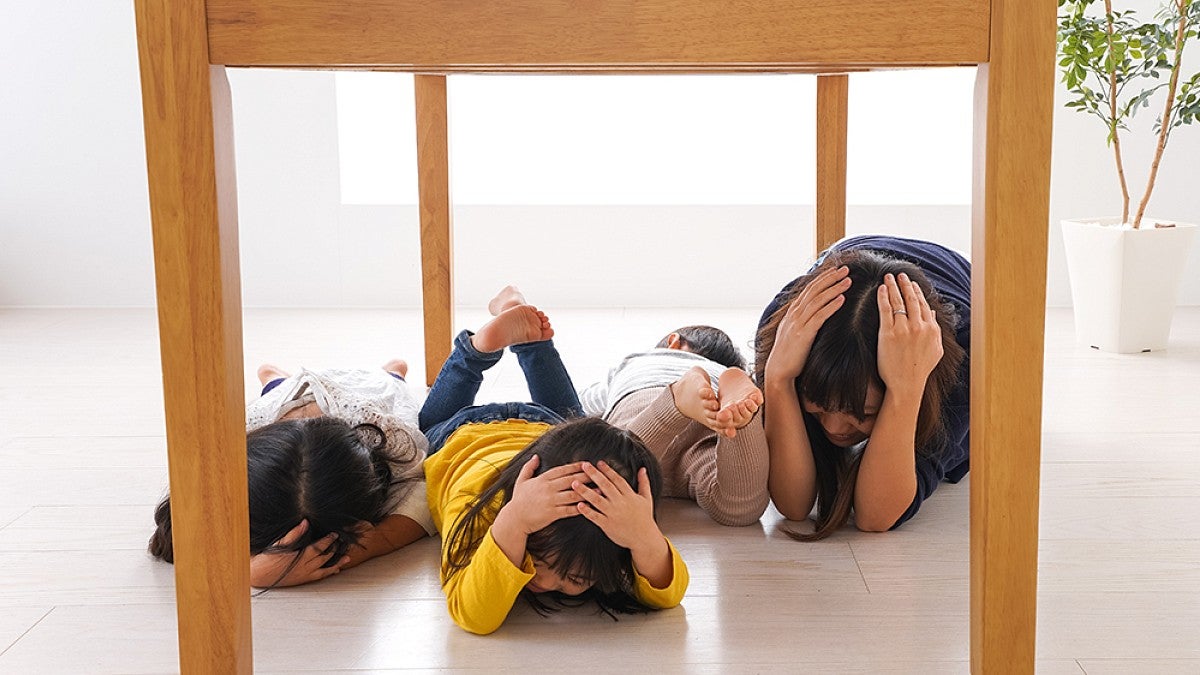
Before the Shaking Starts
An earthquake early-warning alert can buy you life-saving seconds to drop and take cover—and CAS researchers want to help you make the most of them.
By Nicole Krueger
Humanities Take Center Stage
All the world’s a stage for CAS students, whether they’re on the screen, in the classroom, in the lab or beyond. Hear from Dean Chris Poulsen about how humanities programs like theatre arts and cinema studies build valuable skills—and how storytelling fosters an understanding of what it means to be human.
CAS News
All news »
From the Media
Connect with Us
CAS Connection is produced by the CAS Communications Department and edited by Nicole Krueger.
Got something to say? Send us your story ideas or contact us at CASConnection@uoregon.edu.
We know you don’t want to miss a single moment of CAS greatness. Stay plugged into the #CASCommunity by following us on your favorite channels.
|
|
|
|
|
|

